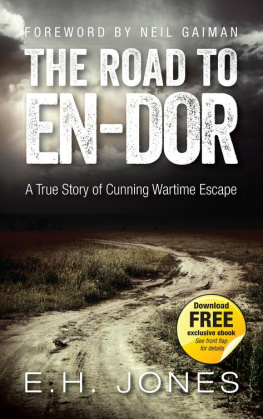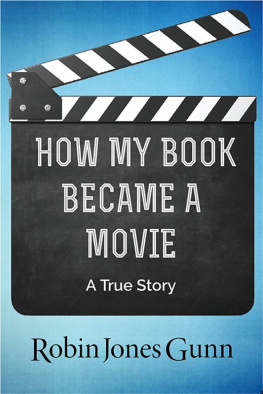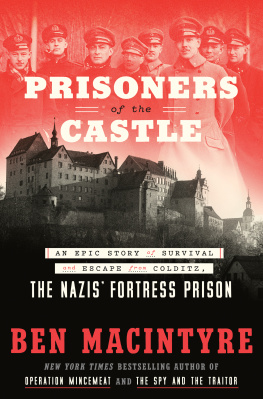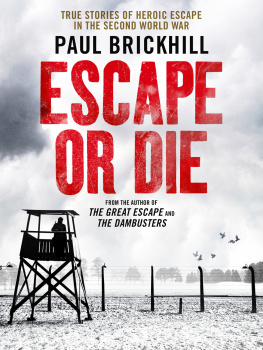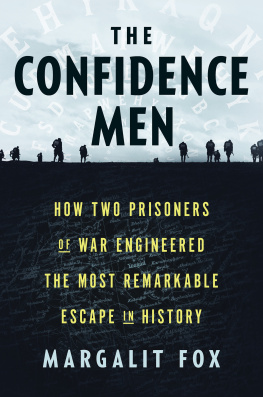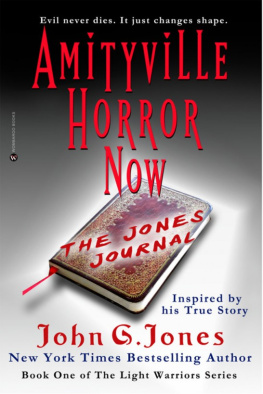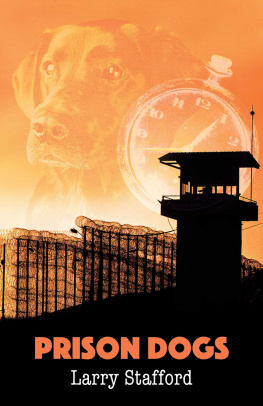W.R. OFarrell,
Before His Own.
I did not steal the book. I did something worse.
I found the book in the old school library. The library was next door to the Matrons office, where the schools Matron (fat and funny and nice), and her deputy (sharp-faced and suspicious) and a variety of young deputies (sympathetic teenagers, with red cheeks) would read magazines, and drink tea. It took a certain amount of bravery to tell them I had a headache. If I told them I had a headache they would give me a cynical look, then dissolve an aspirin in a glass of water, and when I drank it I was sent to sit in the library to wait until my headache went away.
Sometimes I really did have a headache.
The book had a red cover, and it was called The Road to En-dor. I was ten years old and I read it utterly fascinated.
I started reading it because it had a sheet that folded out attached to the back cover with glue: a sort of chart, showing objects and numbers and such, and common phrases. I did not understand what the sheet was, and so I read the book.
And I was in Yozgad, with Jones, as he learned to fake the Ouija board, with Jones and Hill as they began to fool the Commandant and the Pimple. I followed them on a journey into nightmares, as what seemed to be a simple escape plan (simple? A lunatic escape plan of infinite complexity and unlikelihood, more like) transmuted and transformed, forever being thwarted by their own side. It was a journey into madness and self-delusion, in which a terrifying folie deux somehow kept them both sane. It was a strange thing for a ten year old boy to be reading.
Somewhere along the way I understood what the chart in the book was: it was a mind-reading code. Two people could learn it and communicate information with a simple phrase like Quick now, what am I looking at? I had heard of such things my mothers aunt and uncle had a mind-reading act but now I was looking at a way to do it.
I removed the chart from the back of the book, and took it home, certain that I would one day meet someone who would be the Hill to my Jones, and we would create an astonishing mind-reading act together, but I never did.
I did not forget the book. The book was unforgettable.
Thirty years later, magician Penn Jillette told me in an email that there had never been a fake medium who had ever had a noble or good reason for doing what they did, in hoodwinking the easily hoodwinked, and I agreed with him. Up to a point, anyway. Except for The Road to En-dor, I said.
Being Penn Jillette, he had found a second-hand copy of the book on the internet within minutes of receiving my email. Also being Penn, he read the book and emailed me within the week, and told me he thought it would make a good film, and that we should write it together.
I reread it. I was surprised how much I had remembered of the book, and amazed at how much better, deeper and, eventually, darker it was than I remembered.
We set out on a quest to find who owned the film rights. Which took us to Hilary Bevan Jones [granddaughter of E.H. Jones], who has, in the decade since, become one of my best friends. We even wrote the film script. We learned how much Lt. Jones underplayed the horrors that he and Hill went through. We learned of the other film people who had wanted to bring the story to the world. We learned how much love there is for this forgotten book.
I wonder sometimes where the mind-reading chart that I stole from the book is today: somewhere in the attic, at a guess, or in some random papers. I would never have thrown it out. It was the key to the mysteries.
I am so glad that this edition of the book is now available. Its a true story, underplayed, a story of heroism, of magic and of madness. And you can wonder, as I wonder now, as I wondered when I was ten, whether what Hill and Jones went through was worth it, whether their madness actually kept them sane.
Neil Gaiman
February 2014
In the heat of the Burmese summer of 1915 a young Welshman elected to give up his job as Deputy Commissioner, based in the Moulmein District of Lower Burma, and leave the relative comfort of his Colonial Office appointment to fight in the First World War. The Welshman was Elias Henry Jones, known as Harry or Harri to his friends and family. He was thirty-one.
Harry was my grandfather. He died on 22nd December 1942, eleven days before I was born. For that reason I have always felt a certain affinity, some sort of a continuation. I was brought up with his story and the story of The Road to En-dor seeped into my consciousness as was the rest of our family, including my cousin Hilary.
Less than two years after marrying his childhood sweetheart Mair, Harry bade farewell to her as she boarded a ship in Rangoon to sail to England together with their four month old daughter and pregnant with their second child, and joined the army. Little did Harry and Mair know that they were not to meet again for three and a half years. Harry was to be captured by the Turkish army and marched nearly 2,000 miles across the deserts of Iraq and Syria into Turkey before making one of the most audacious prisoner of war escapes to take place during the First World War.
The war of 191418 is viewed in Europe as a war fought largely between European nations on the battlefields of France and on the Eastern Front in Russia but major campaigns also took place further south against Turkish troops of the Ottoman Empire. In Mesopotamia, an area which now largely comprises modern-day Iraq, British and Indian troops confronted the Turkish Army. Many tens of thousands of soldiers died in battles fought over the same places as those encountered by British and American soldiers in the recent invasion and occupation of Iraq.
Harry enlisted in the Indian Army Reserve of officers as a member of the Volunteer Artillery Battery (Rangoon contingent) and travelled across India and then by ship to Basra to join the Indian Expeditionary Force D under Major General Sir Charles Townshend. Sent initially to protect the oilfields of southern Persia and Mesopotamia, the Indian Expeditionary Force pushed up the Tigris River to try to capture Baghdad from the Ottoman Empire and was lured into entrapment by the Turkish Army under Khalil Pasha.
On 3rd December 1915, after a major battle at Ctesiphon, south of Baghdad, Townshends army was forced into retreat and one of the longest sieges in modern British military history began. Over 13,000 soldiers from the Indian Expeditionary Force were surrounded by troops from the Turkish Army at Kut-al-Amarah on the Tigris river south-east of Baghdad. Harry was one of those trapped and fighting in the town.

